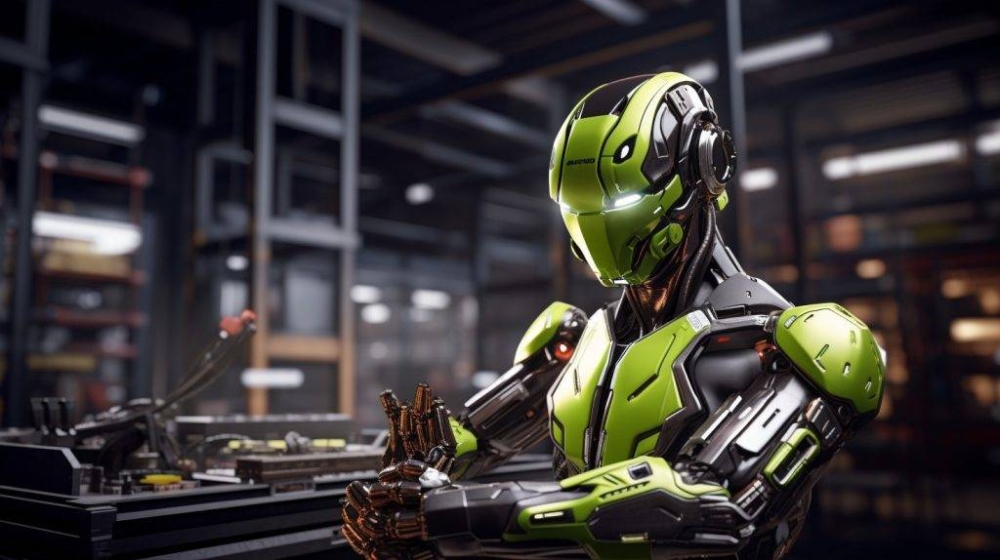NVIDIA Research announced it has developed an AI agent called Eureka that can automatically generate algorithms to train robots.
According to the research paper released by the company, the agent leverages GPT-4's natural language capabilities and combines it with reinforcement learning to help robots learn more complex skills.
Eureka was able to train a robotic hand to perform pen-spinning tricks as well as a human. The robot was also able to open drawers and cabinets, toss and catch balls and use scissors among 30 other tasks.
Reinforcement learning has enabled impressive wins over the last decade, yet many challenges still exist, such as reward design, which remains a trial-and-error process.
Eureka is a first step toward developing new algorithms that integrate generative and reinforcement learning methods to solve hard tasks.
The agent takes the robotic simulation environment as input context in the form of a code and then uses it to build reward functions or algorithms that help robots learn through a continuous trial and error method. Nvidia used its Isaac Gym, a physics simulation platform built on Nvidia Omniverse to test their experiments.
The company has open-sourced Eureka's code and benchmarks so developers can build on the research and use the simulator platform on their own.
NVIDIA has been working on AI agents with another paper it released earlier this month around Voyager, an AI agent it built with GPT-4 that can autonomously play Minecraft.
Eureka is a unique combination of large language models and NVIDIA GPU-accelerated simulation technologies , Nvidia said adding that they believe that Eureka will enable dexterous robot control and provide a new way to produce physically realistic animations for artists.

